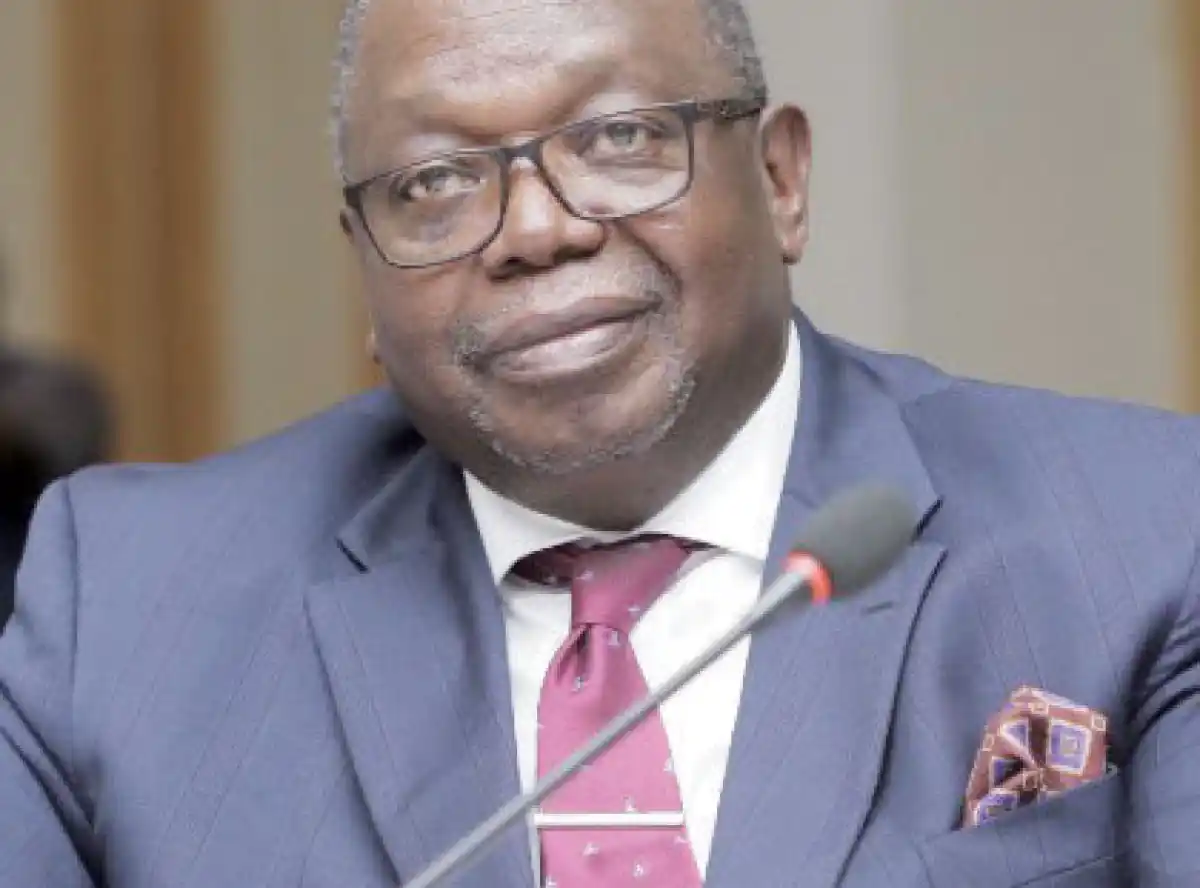
Reserve Bank of Malawi (RBM) Governor Wilson Banda has challenged the country’s financial market players to channel more resources into investment, saying Malawi’s investment to GDP ratio, currently seen at 14 percent, is very low.
Banda was speaking in Mangochi at the start of the Financial Market Dealers Association (Fimda) annual conference held under the theme ‘The Role of Financial Markets in the Attainment of MIP-1: Pillar 2: Industrialisation’.
The RBM chief challenged players to raise the investment-to-GDP-ratio to between 25 and 30 percent which is ideal for countries that are undergoing rapid economic development.
He told the conference that the government has committed to transform the economy through industrialisation and that the financial market should play its crucial role in providing the necessary capital, liquidity and investment tools to help catalyse industrialisation.
“Industrialisation is capital-intensive, requiring significant long-term investments. Equity and debt markets provide industries with access to long-term financing that allows them to scale up operations, modernise machinery and develop new technologies.
“This includes raising funds through initial public offerings, corporate bonds, special purpose vehicle and other instruments that attract both domestic and foreign investors,” Banda said.
He added that in recent years, private equity and venture capital have emerged as vital players in supporting startups and innovative enterprises, particularly in the fields of green energy and digital technologies.
Banda observed that these financial instruments and institutions help to bridge the financing gap, especially for emerging industries critical to industrialisation.
The RBM chief said to facilitate access to long- term capital by offering support to potential bond and equity issuers, the central bank was supporting the Mzinga incubation programme for the private sector being run by Malawi Stock Exchange and another incubation programme run by RBM for public institutions.
“Financial markets play a vital role in the industrialisation process by incentivizing innovation through mechanisms for pricing risk and rewarding success. For our economy to industrialise, we must ensure that financial markets are tailored to uniquely support innovation-led industries that will not only boost local production but also enable us to compete on international markets.
“In so doing, we will help diversify our economy, strategically repositioning ourselves for global leadership in key sectors. Our balance of payment desperately needs this,” Banda said.
He observed that large-scale infrastructure projects often required massive investments, which financial markets help facilitate through instruments like bonds, infrastructure funds and public-private partnerships.
Fimda Vice President Davie Mwenechanya said his association believed that industrialisation is key to creating jobs and generating the much-needed foreign exchange.
Mwenechanya added that the financial market players are very much geared to raise their levels of support towards investment.
National Planning Commission Director of Development Planning Grace Kumchulesi said much as there was progress in the industrialisation pillar, there was a need for an accelerator to quicken the realisation of MIP-1 milestones.
She emphasised the need to scale up manufacturing in key areas of agriculture and mining as the country adds value to her products.
Kumchulesi challenged the financial sector players to mobilise capital for key sectors of the economy like other countries such as South Korea have done
The conference attracted over 100 financial market dealers from the money market, forex market, capital market, commodities market and RBM.


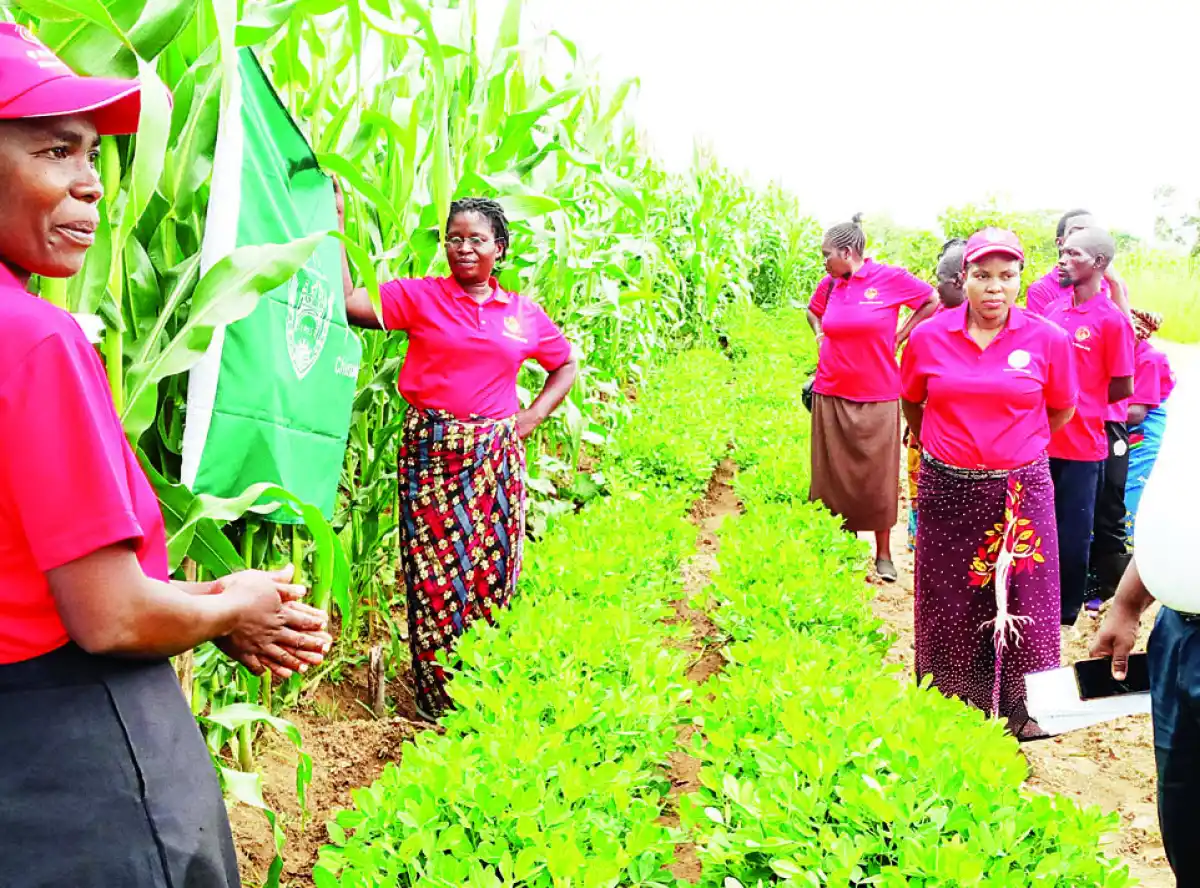
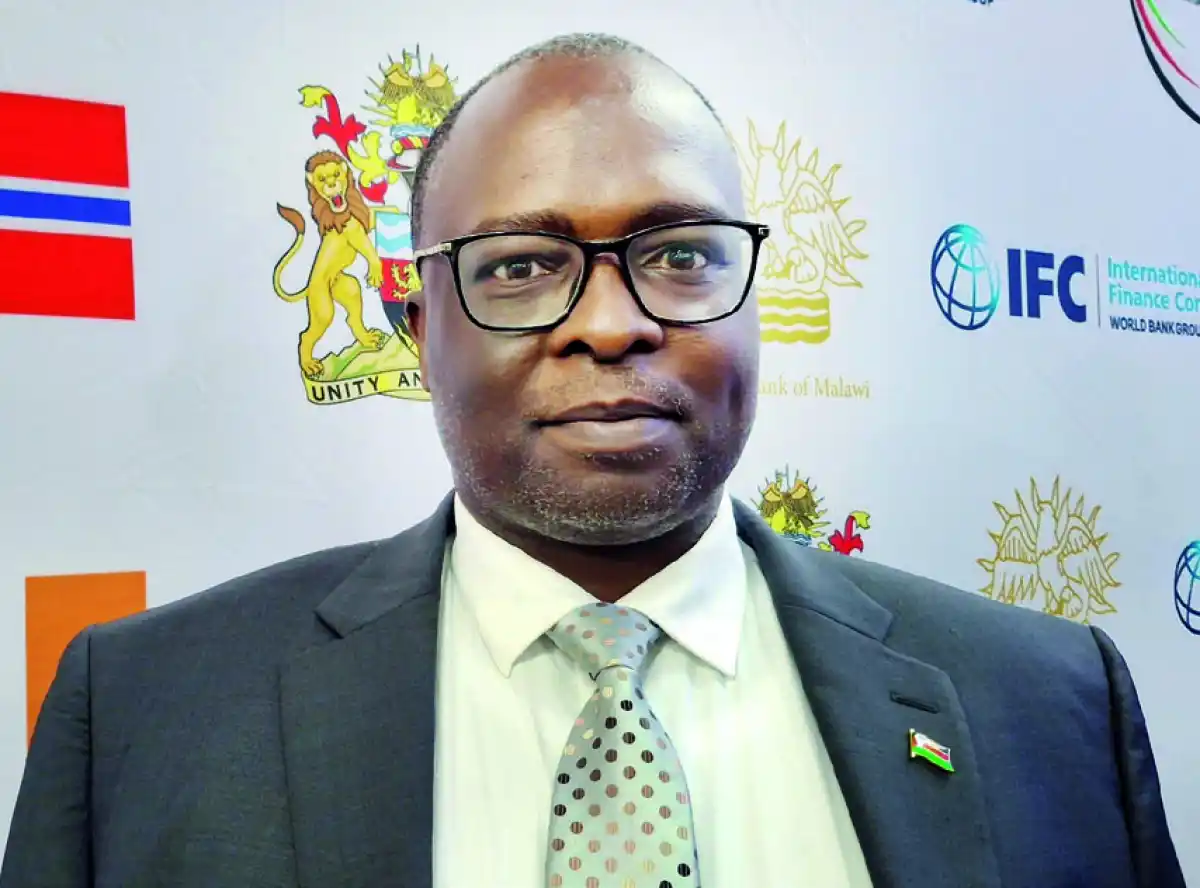
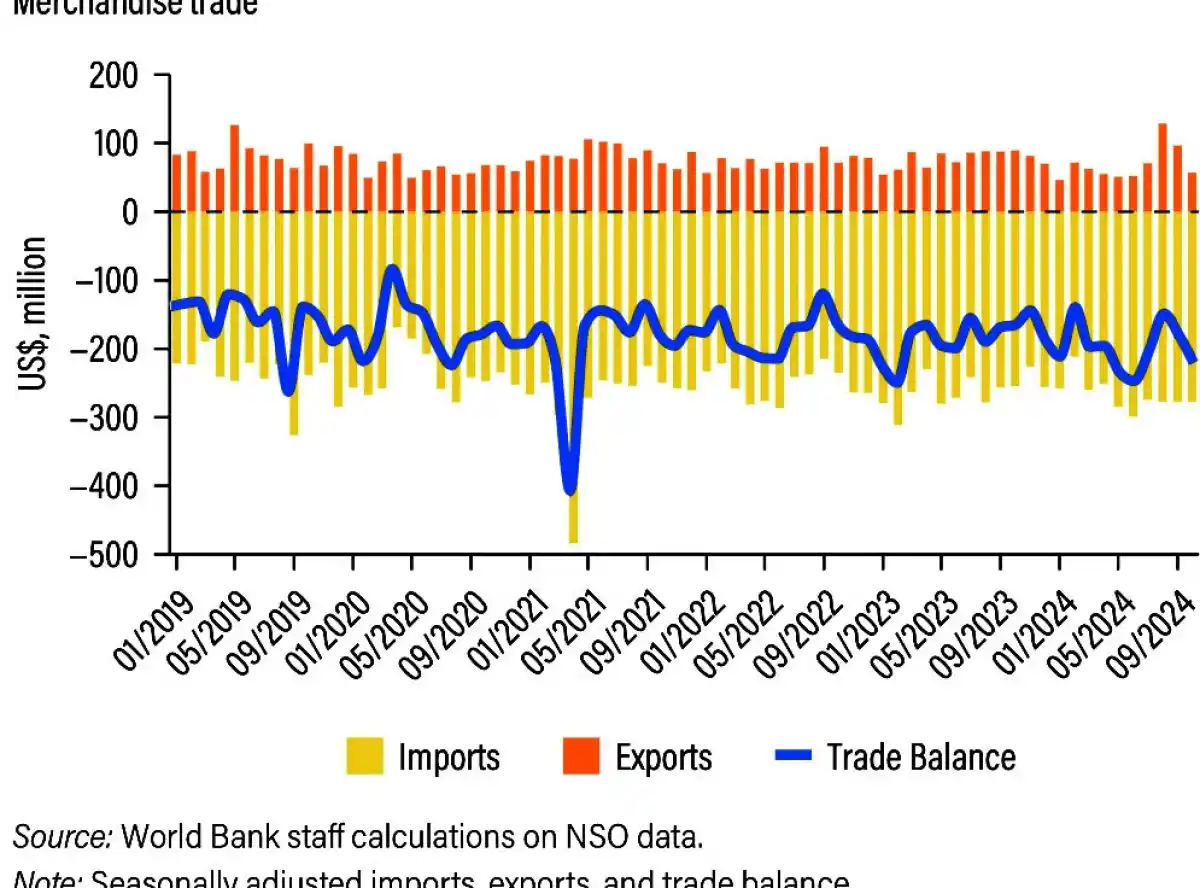

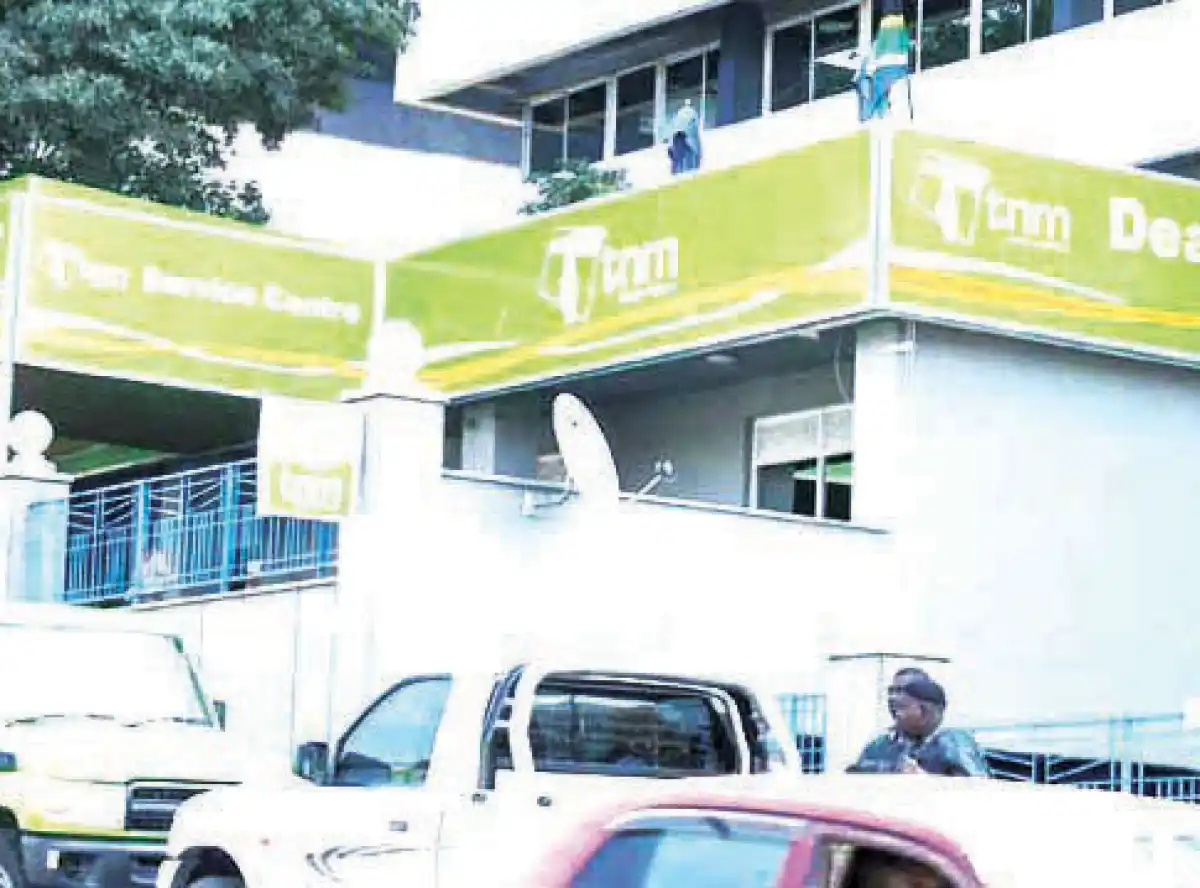
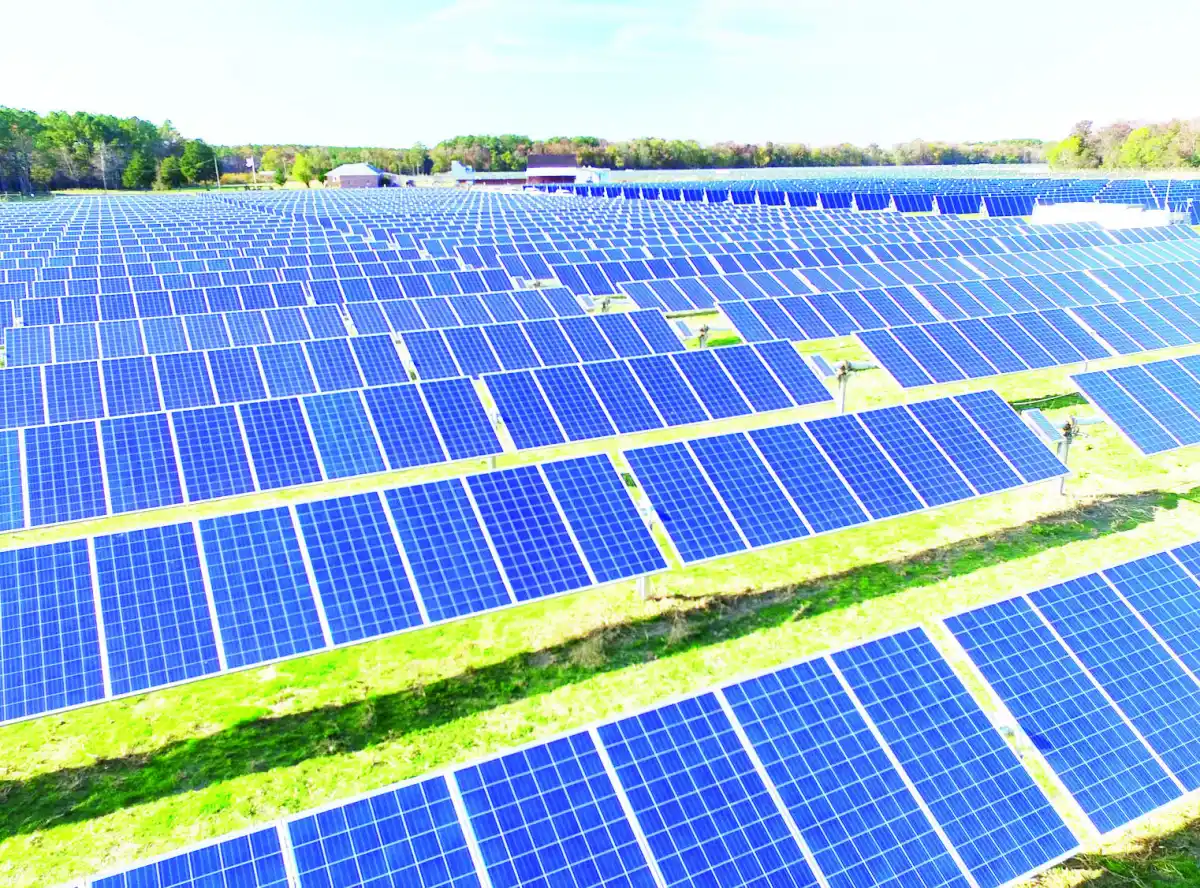
0 Comments